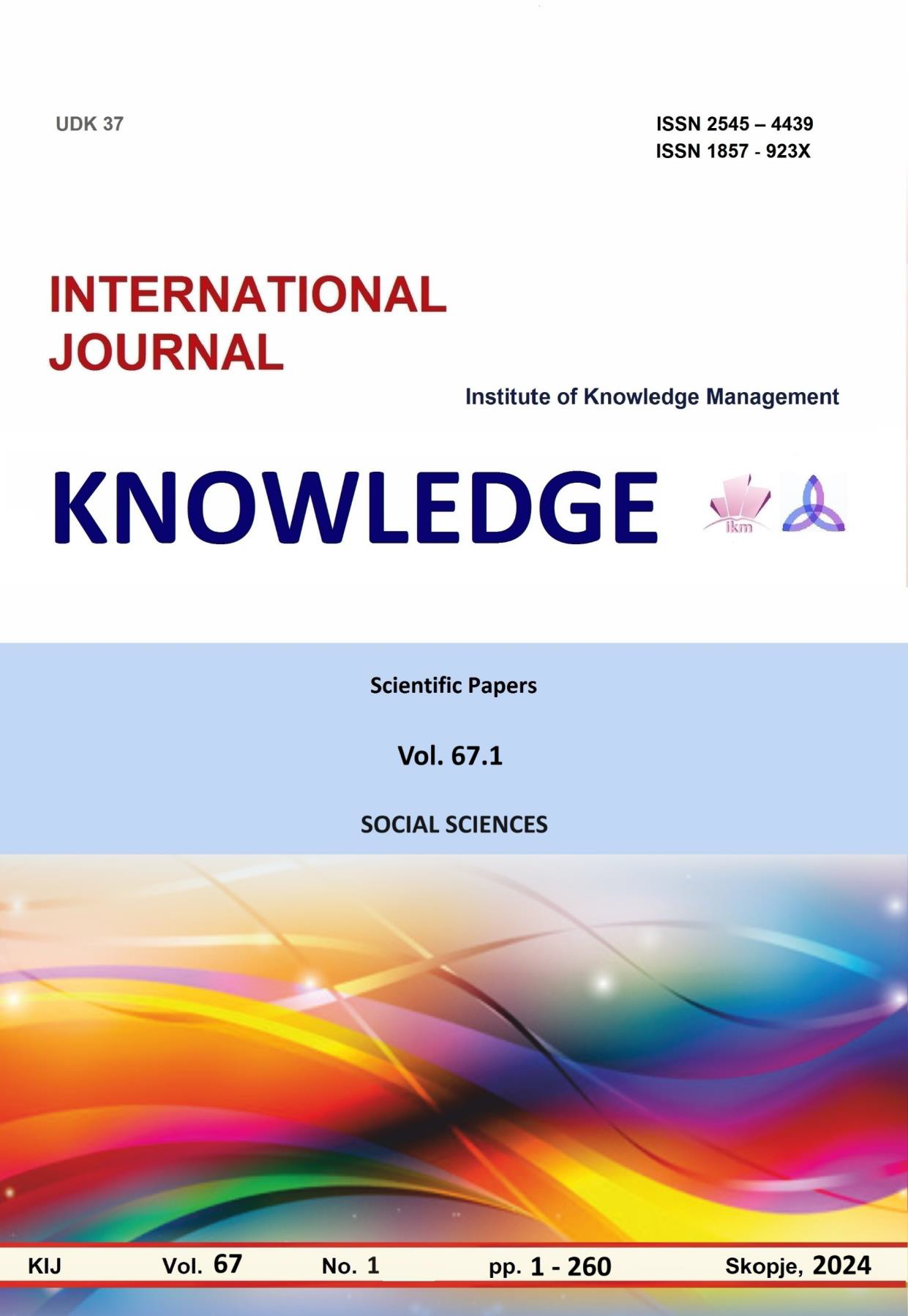THE PRINCIPLES FROM NORTHERN IRELAND AND THE OHRID FRAMEWOR AGREEMENT
THE PRINCIPLES FROM NORTHERN IRELAND AND THE OHRID FRAMEWOR AGREEMENT
Author(s): Sasa TanevskiSubject(s): Social Sciences, Education
Published by: Scientific Institute of Management and Knowledge
Keywords: Northern Ireland;OFA;Decentralization;Albanian language;The Charter from Tirana
Summary/Abstract: At the time when the Peace Agreement for the Stabilization of Political and Military Confrontations in Northern Ireland was signed in Belfast (1998), the war in Kosovo was taking place between Milosevic's Army (the Federal Republic of Yugoslavia consisting of Serbia and Montenegro) and the ULC rebels (Ushtria Çlirimtare Kombëtare , UÇK) whose ranks included a large number of Albanians from Macedonia at the time. The situation in Northern Ireland was still unstable when in 2001 the forces of the UCK from Macedonia rose up in an armed uprising aimed at improving the general status of the Albanians. Decentralization, use of the Albanian language in institutions, introduction of the Albanian language in higher education, etc. were demanded. In Ireland, the Catholics, who for almost three decades waged a heroic war against the presence of Great Britain, emphasized their national ambitions for unification with the Republic of Ireland. On the other hand, the inhabitants of the Republic of Ireland dominated by Protestants showed greater loyalty to Great Britain and sought for Northern Ireland to remain part of the United Kingdom. The Macedonian Albanians who live in the western and north-western part of Macedonia initially demanded the unification of all Albanians in one state. They supported this with the fact that there is neither territorial nor religious or linguistic discontinuity between Albanians from Macedonia, Kosovo and Albania. With the Belfast Agreement, Northern Ireland got its own political bodies, the Assembly of Northern Ireland consisting of 108 MPs and the Government (le British Irish Council) with its own ministers and prime minister. Armed formations, especially the IRA, surrendered their weapons, while captured and convicted IRA fighters received a general amnesty. However, Northern Ireland remained within Great Britain. As for the turbulent events in North Macedonia, a confrontation between the UCK and the Macedonian security forces, which was also considered a kind of inter-religious conflict between the Muslim Albanians and the Macedonian Orthodox Christians, was overcome by the signing of the Ohrid Framework Agreement (OFA) on August 13, 2001. The Albanian side got decentralization, use of the Albanian language as a second official language, use of symbols, general amnesty but did not get their own government and Parliament. The Macedonian side considered such an act as an introduction to the federalization of the state. However, these ambitions are still present at the top of the political parties of the Albanians.
Journal: Knowledge - International Journal
- Issue Year: 67/2024
- Issue No: 1
- Page Range: 159-165
- Page Count: 7
- Language: English

